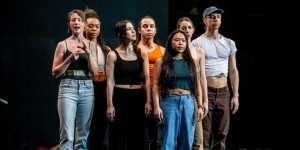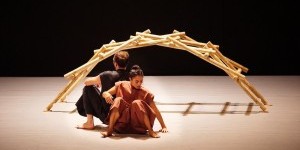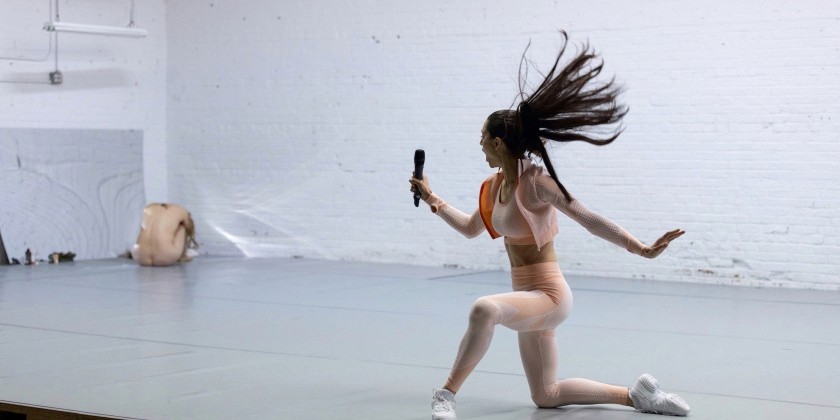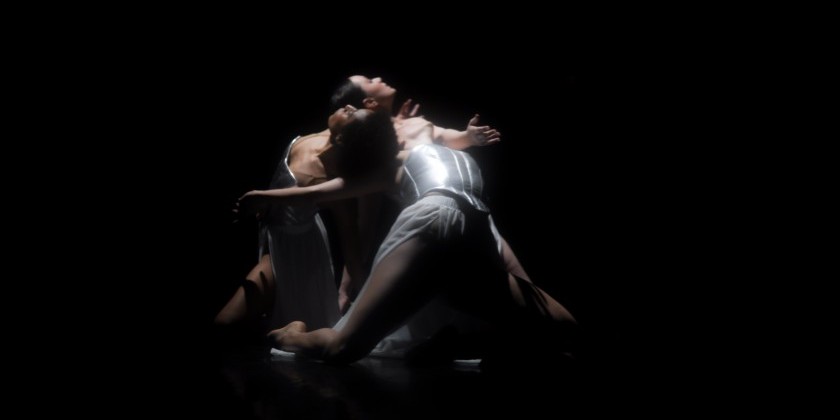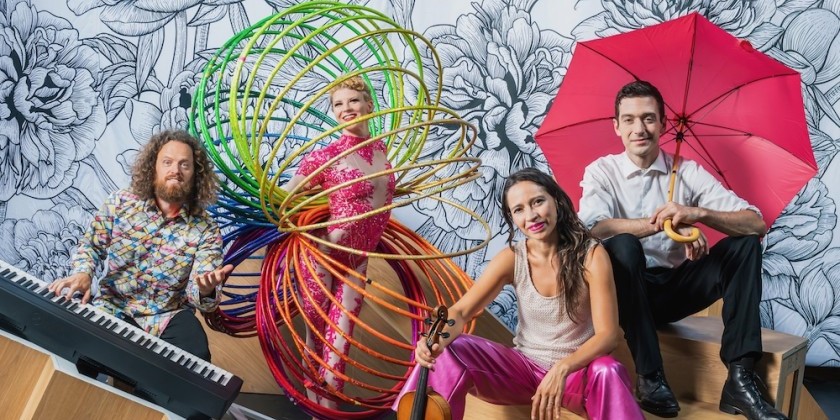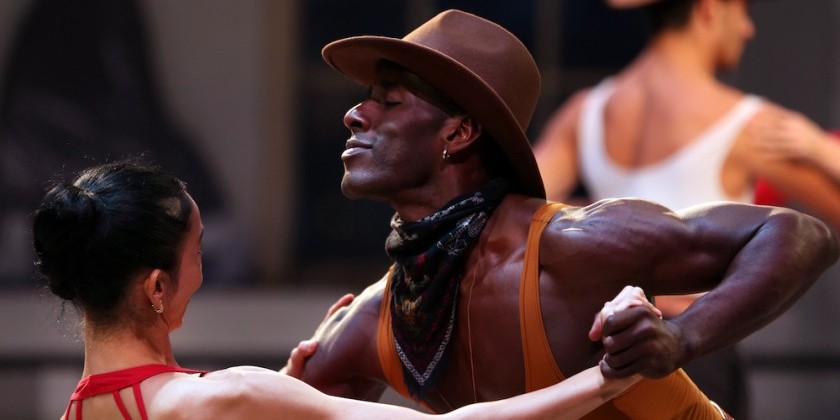Gabri Christa Returns to Stage in “Magdalena,” her Multi-media Work Focusing on Dementia
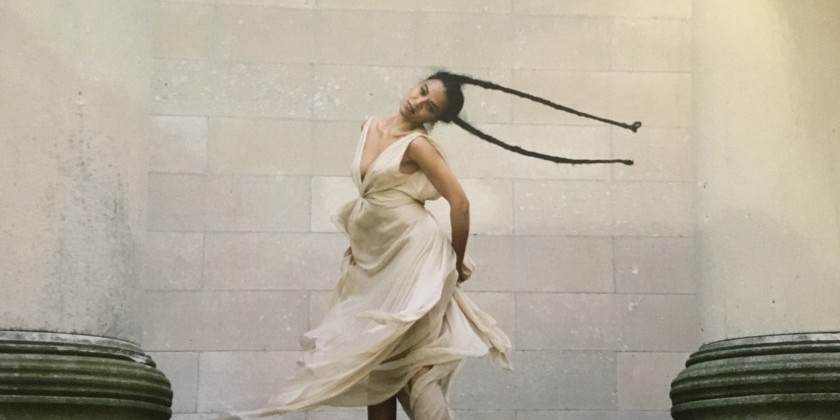
at Theatrelab in NYC, September 12-15 and September 19-22
Performer, choreographer, and award-winning filmmaker Gabri Christa was born on the island of Curacao, to a Dutch mother and Surinamese father. Throughout her vibrant career, her cultural identity has remained at the forefront of her work.
In 2002, Christa adventured into the world of filmmaking, eager to explore the expressive capacities of a new medium. The world premiere of “Magdalena,” named for her mother, marks her return to the stage. Christa partners with director Erwin Maas, designer Guy de Lancey, and composer Vernon Reid to create a multimedia piece which recounts the complex and intimate experience of her Dutch mother’s struggle with dementia. The Dance Enthusiast had the opportunity to speak to Christa about the artistic process of crafting “Magdalena.”
Magdalena runs Sept 12-15 and 19-22 at 8:00pm
Theaterlab (357 West 36th Street, 3rd floor)
Tickets available at https://web.ovationtix.com/trs/pr/996199 or by calling 866-811-4111.
Theo Boguszewski for The Dance Enthusiast: Hi Gabri, I am interested in your new work Magdalena. Can you tell me about the process of creating the piece? What was the the initial spark, your inspiration, and who were your collaborators?
Gabri Christa (GC): I originally started writing some sections for a film about four years ago, but making a historic film at the time was too difficult and above all costly, so I just put it aside... I had been talking to the director Erwin Maas for a while. One night, we had dinner before a show of his, off-Broadway, and I shared what I was thinking about: doing a piece about my mother, about her life, but also about this white Dutch side of me, something I never touch in my work — also about my mother’s dementia.
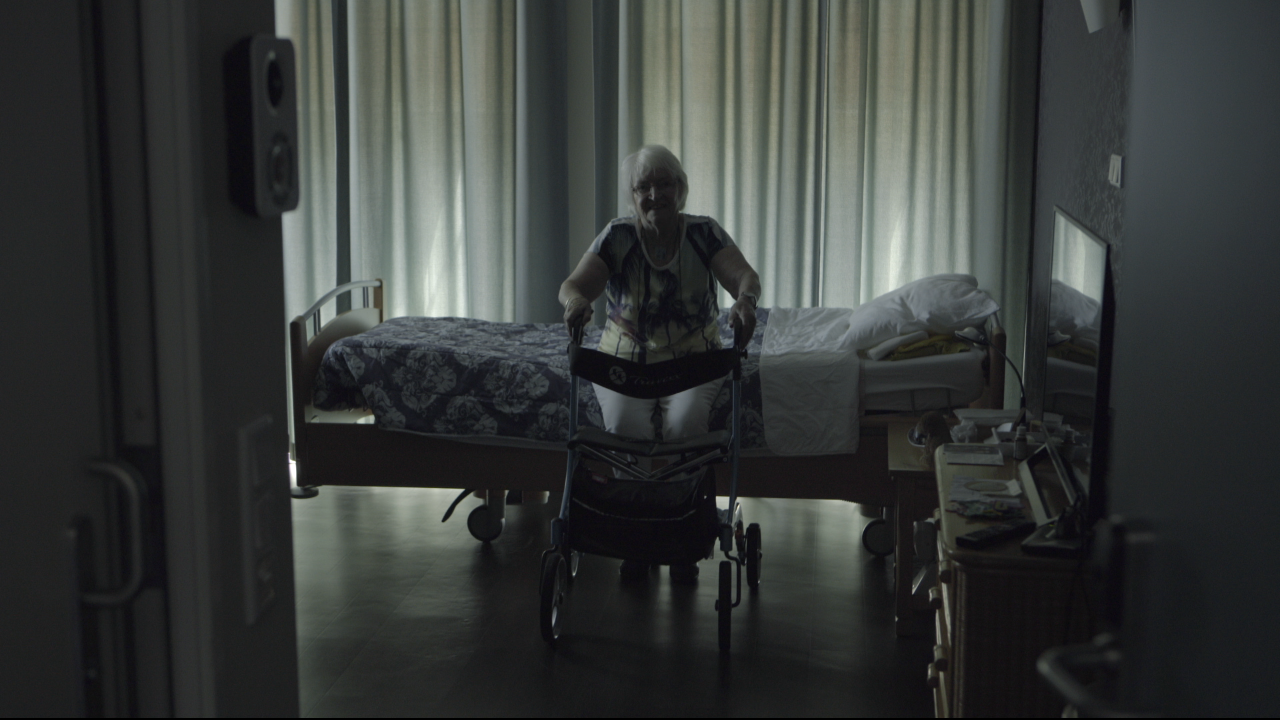
Erwin is Dutch — being able to speak Dutch in rehearsal and figuring this out with someone I trust was important to me in this personal project. Erwin pushed me to go forward. He listened to my stories and made me write more. Eventually, he brought in Guy de Lancey who is South African and an amazing designer, director, and more. We clicked right away.
In Magdalena you use film, storytelling, visuals, and dance. Can you speak about the interplay of the various artistic disciplines?
GC: My choices of media in this piece are purely content-driven. Some parts of the piece I dance because only dance can express what I want to say. I use whatever works best for the particular theme or feeling.
As a dancer, why did you started making films?
GC: As much as I am a deep believer in dance’s eloquence and expressive power, I started making films when I no longer felt I could fully say what I wanted to just in dance. There were certain topics that in my mind required communication on a different level.
I don't think a film is necessarily something that adds to performance work in general. I won't always use it as part of a piece. In the case of Magdalena, it helps in certain sections to tell the story I want to tell.
Now that I return to dance after many years off stage, the filmmaker’s eye helps me look at it with a more dramaturgical focus. Even when I look just at the movement, I ask myself, "Why is that movement there?" Mostly, I keep my film work separate. But In Magdalena, everything comes together.
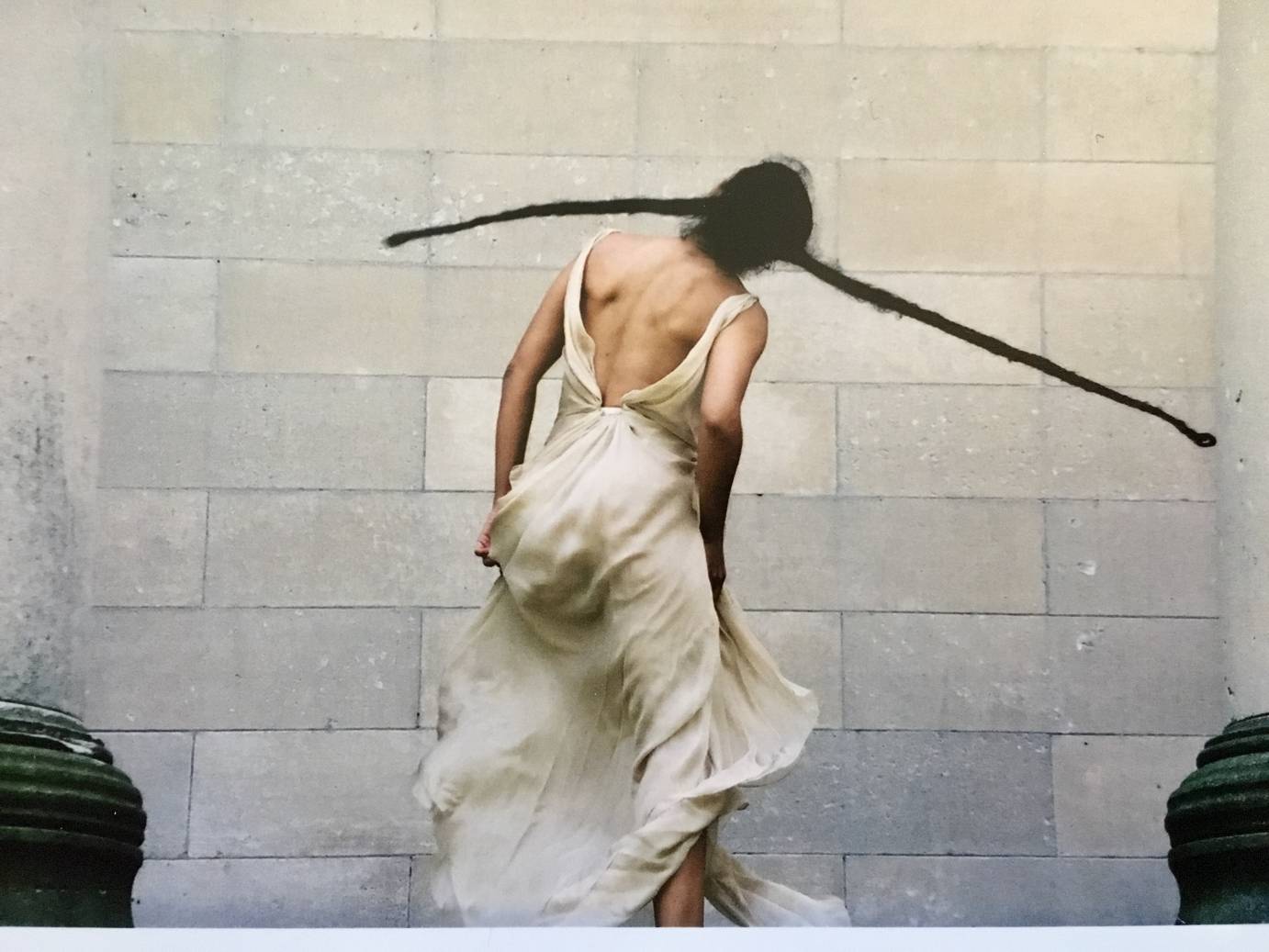
Dance can be an important tool for conveying emotion that can't be expressed in its fully through words. How do you come up with the movement vocabulary to express the depth of grief/ sorrow/ frustration wrapped up in your mother's journey with dementia?
GC: There is a section in Magdalena about beginning to lose your head. In it I literally move from my head. Not sure how it comes across, but that is how I could embody and convey the heaviness of it all. Another section became about both losing balance and losing the way. That originated from observing my mom over the long years we've been dealing with this. There is text that goes with this section, a piece of writing that originated from a recorded conversation with my girlfriend in Miami. I dance while the conversation goes on. I couldn't tell that story only in words.
What does it feel like to make (and share) work that is so personal? Is it vulnerable? Or perhaps even liberating?
GC: Mostly, it was an incredible journey into compassion and understanding of both my mother and her condition. I truly know now that art can create understanding. Sharing this personal work is not emotional for me although some of the writing indeed was.
I also used letters my mother wrote when she could still write well. Those letters were answers to specific questions that I sent her years ago when I realized her memory was going. They forced me to look at my mother and her life in a way I had not done before. I realized how hard this must have been for her. She must have been aware that something was going on.
This understanding truly helps me be there for her now, to hold on to who she was and to just love this person. Telling her story keeps some part of her alive: a part that I don't see anymore. I also think it gives her dignity.
It's a very slow goodbye, but the love remains.
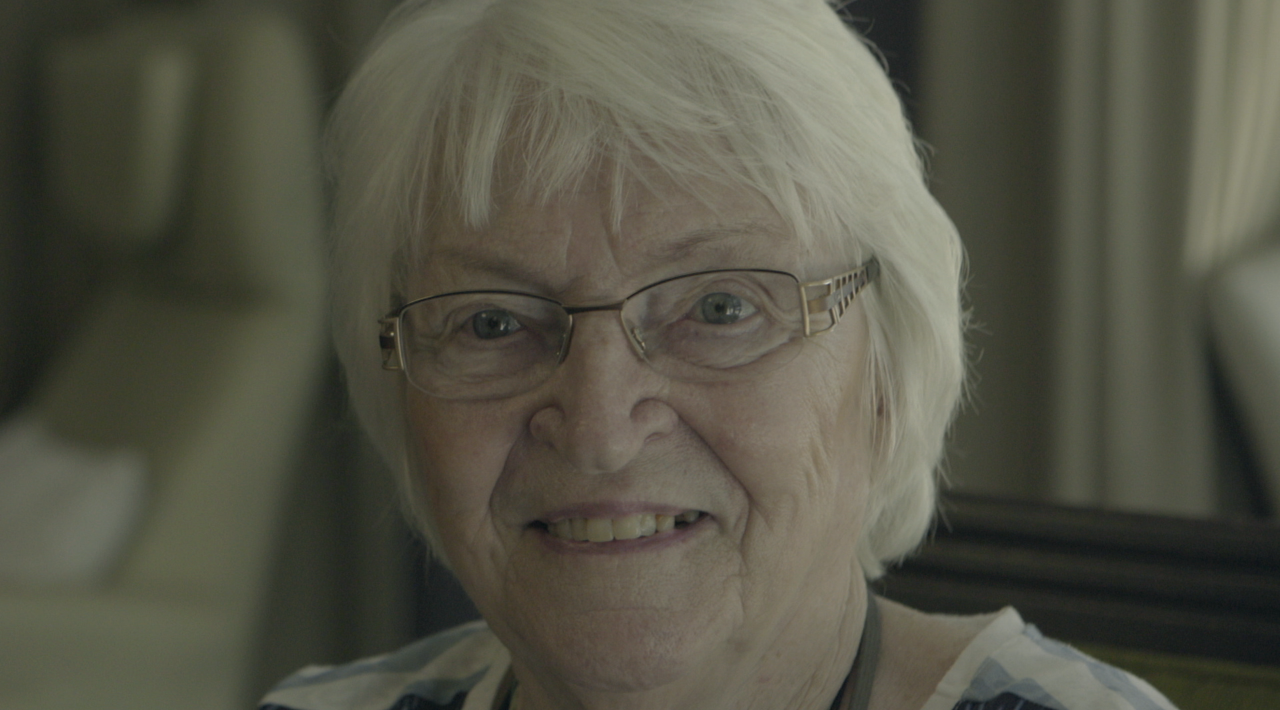
Is there anything specific that you're hoping to share about dementia through this work? Anything you hope the audience will take away?
GC:I made this work to talk about dementia. I knew nothing about the disease, and I had no one to talk to about it during this years—long process with my mother. It was an isolating time. I just thought my mother was having a crisis, and so did many people around me. None of us realized what was happening. Now I know that people don't really want to talk about it, especially not among the Caribbean families. My mother-in-law would just say, "we have to pray". I am all for praying, but we also need to discuss this and we need support.
As is the case with any serious brain condition, people are scared to talk about or face it. But in another twenty years, each and every one of us will have someone close to them who has dementia. We will become caregivers, or we might suffer from a form of dementia ourselves. I really want to hold space for others to talk about this — maybe just by starting to listen and tell stories, or to dance about our loved ones.
Sometime personal stories are universal. I hope this one is.






